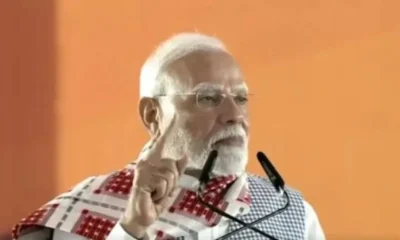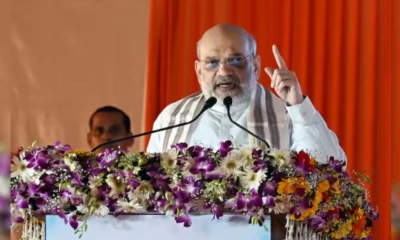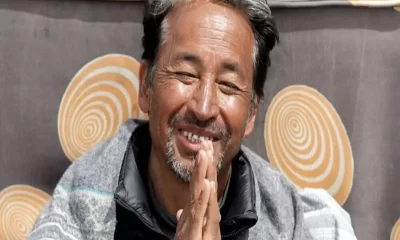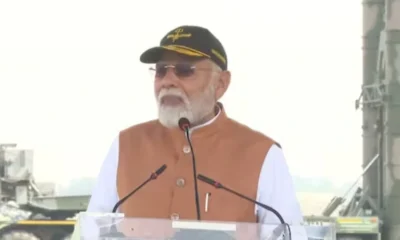India News
Pedestrian hit by Rajat Bedi’s car, dies today, Koi Mil Gaya actor booked for negligence
Rajat Bedi, who has worked in more than 40 films including Koi Mil Gaya, Ansh and Ye Dil Ashiqana, is now facing charges of death by negligence for hitting a man. The victim’s death has led the police to file new charges in the FIR under section 304-A of the Indian Penal Code.

India News
Tamil Nadu potboiler: Now, Sasikala to launch new party ahead of election
Sasikala has announced the launch of a new political party ahead of the Tamil Nadu Assembly elections, positioning herself against AIADMK chief Edappadi K Palaniswami.
India News
As stealth reshapes air combat, India weighs induction of Sukhoi Su-57 jets
India is assessing the possible induction of up to 40 Sukhoi Su-57 fifth-generation fighter jets as stealth becomes central to future air combat strategy.
India News
RSS chief backs nationwide rollout of Uniform Civil Code, cites Uttarakhand model
RSS chief Mohan Bhagwat has supported nationwide implementation of the Uniform Civil Code, urging adoption of the Uttarakhand model.
-

 India News22 hours ago
India News22 hours agoDMK leader’s son arrested after car rams family in Krishnagiri, one dead
-

 India News21 hours ago
India News21 hours agoRSS chief backs nationwide rollout of Uniform Civil Code, cites Uttarakhand model
-

 India News12 hours ago
India News12 hours agoAs stealth reshapes air combat, India weighs induction of Sukhoi Su-57 jets
-

 Cricket news12 hours ago
Cricket news12 hours agoRinku Singh returns home from T20 World Cup camp due to family emergency
-

 India News11 hours ago
India News11 hours agoTamil Nadu potboiler: Now, Sasikala to launch new party ahead of election















